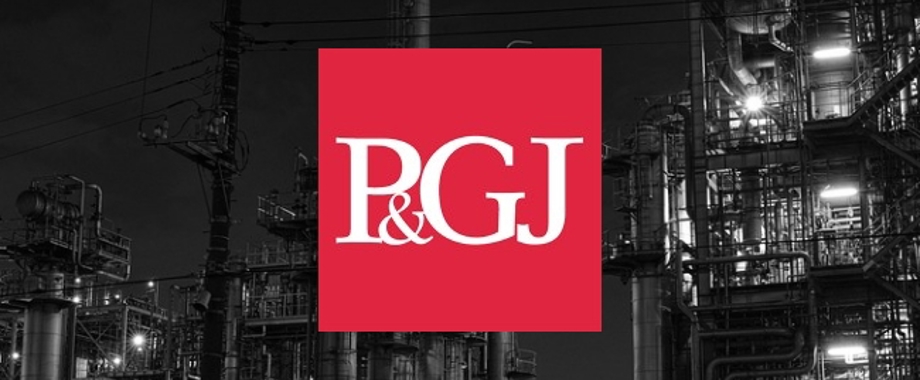
Iraq Resumes Piping Oil to Kirkuk after Yearlong Pause
Iraq began piping oil from its fields around the disputed city of Kirkuk on Friday, more than a year after exports were halted over troubles with the autonomous Kurdish administration north of the country. The region will export between 50,000 bpd and 100,000 bpd through a pipeline to Turkey,
BAGHDAD (AP) — Iraq began piping oil from its fields around the disputed city of Kirkuk on Friday, more than a year after exports were halted over troubles with the autonomous Kurdish administration north of the country.
The region will export between 50,000 bpd and 100,000 bpd through a pipeline to Turkey, said Oil Ministry spokesman Assem Jihad after a deal was reached to break the deadlock between Iraq's capital Baghdad and the Kurdish Regional Government based in Irbil.

Federal forces seized Kirkuk and the surrounding oil fields in October 2017 after the KRG organized a symbolic but controversial referendum for Kurdish independence.
Exports were terminated in the wake of the takeover, costing both sides billions of dollars in revenues as they haggled over revenues and pipeline fees.
Baghdad maintains that the multi-ethnic city is not part of the country's autonomous Kurdish region.
The Turkey pipeline is the only one available to Kirkuk for exports. It runs through the Kurdish region.
Revenues from the resumed sales will go to the federal government, said Jihad.
Iraq used to export 300,000 bpd from Kirkuk when the city was under Kurdish administration. The takeover was a blow to the region's finances and led to cuts in public sector wages.
But the KRG has since made up for the lost revenues by boosting production from other fields, according to the Iraq Oil Report trade publication.
KRG spokesman Safin Dizayi said Thursday that salary reductions for public sector employees would be lifted “very soon.”
Iraq exports close to 5 MMbpd, the vast majority through its southern Basra terminal.
